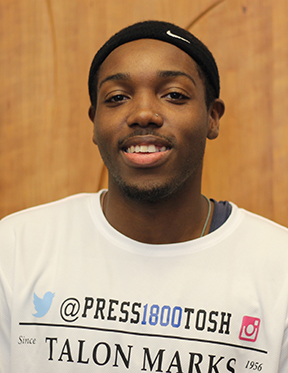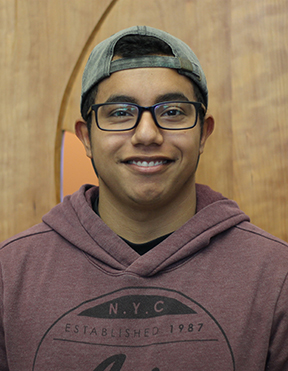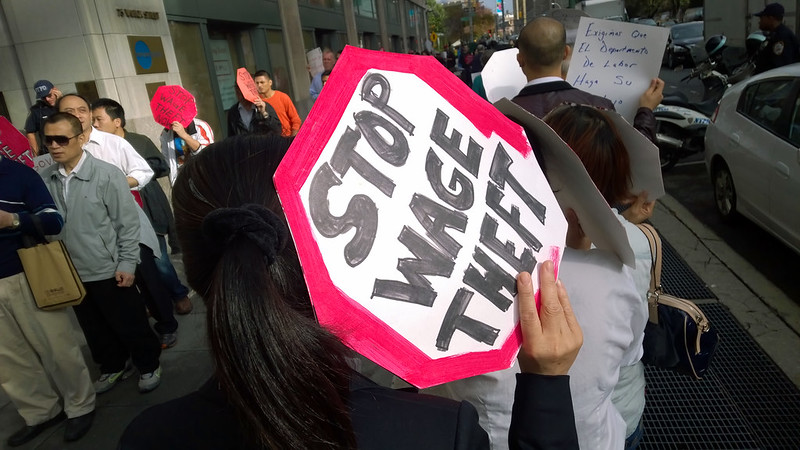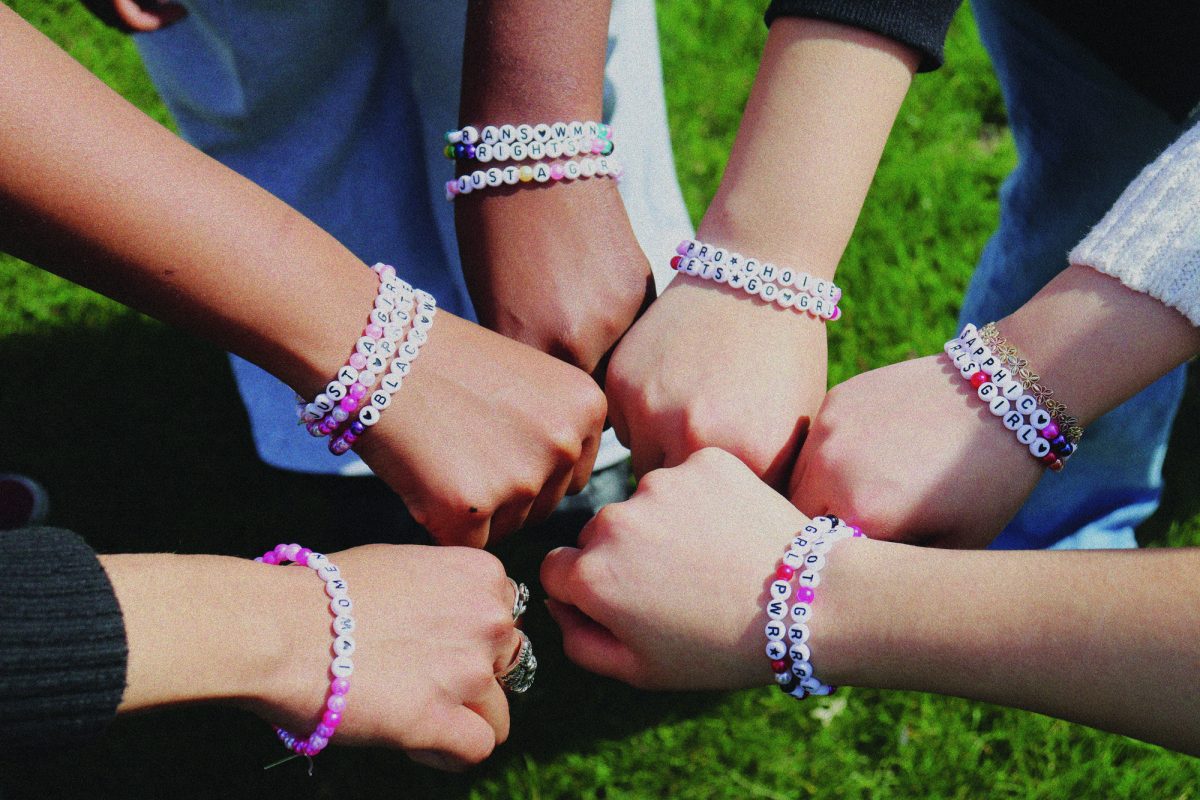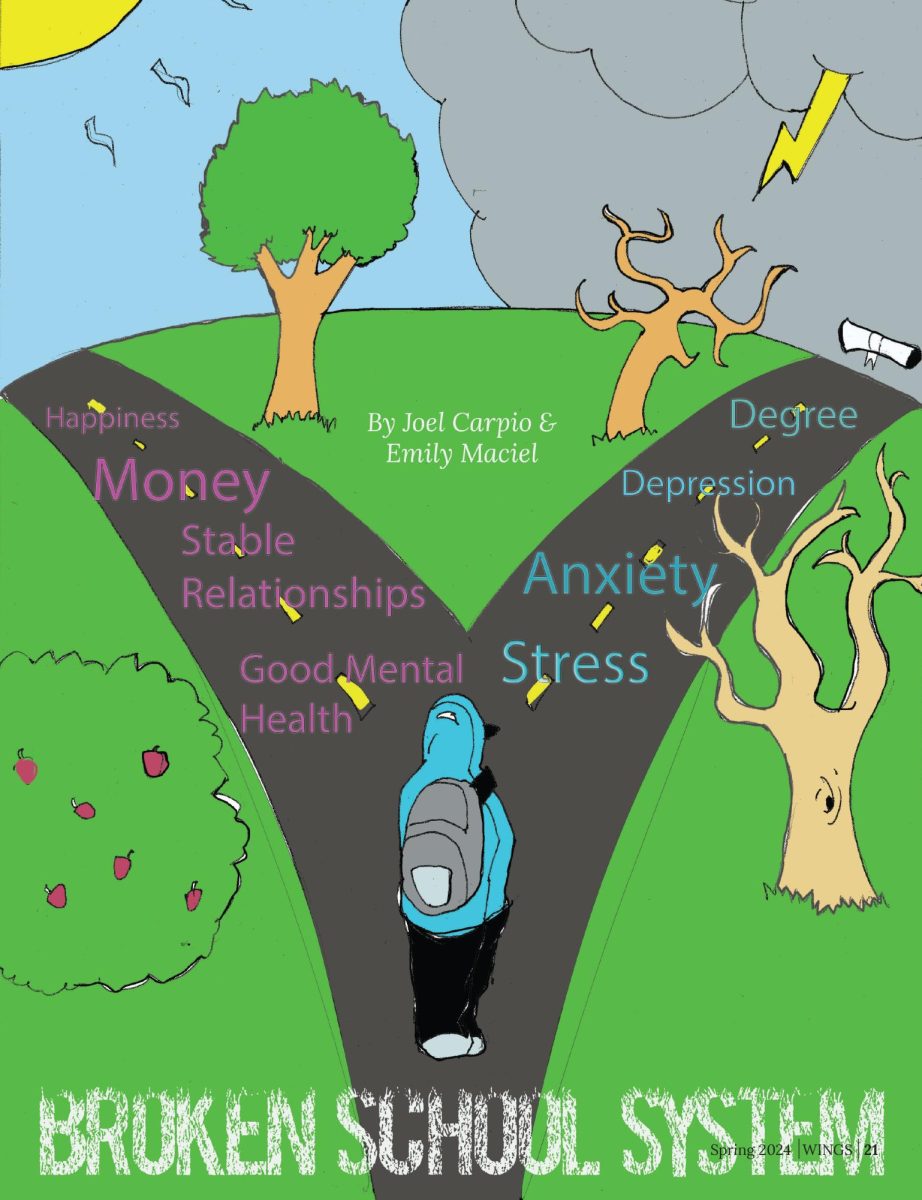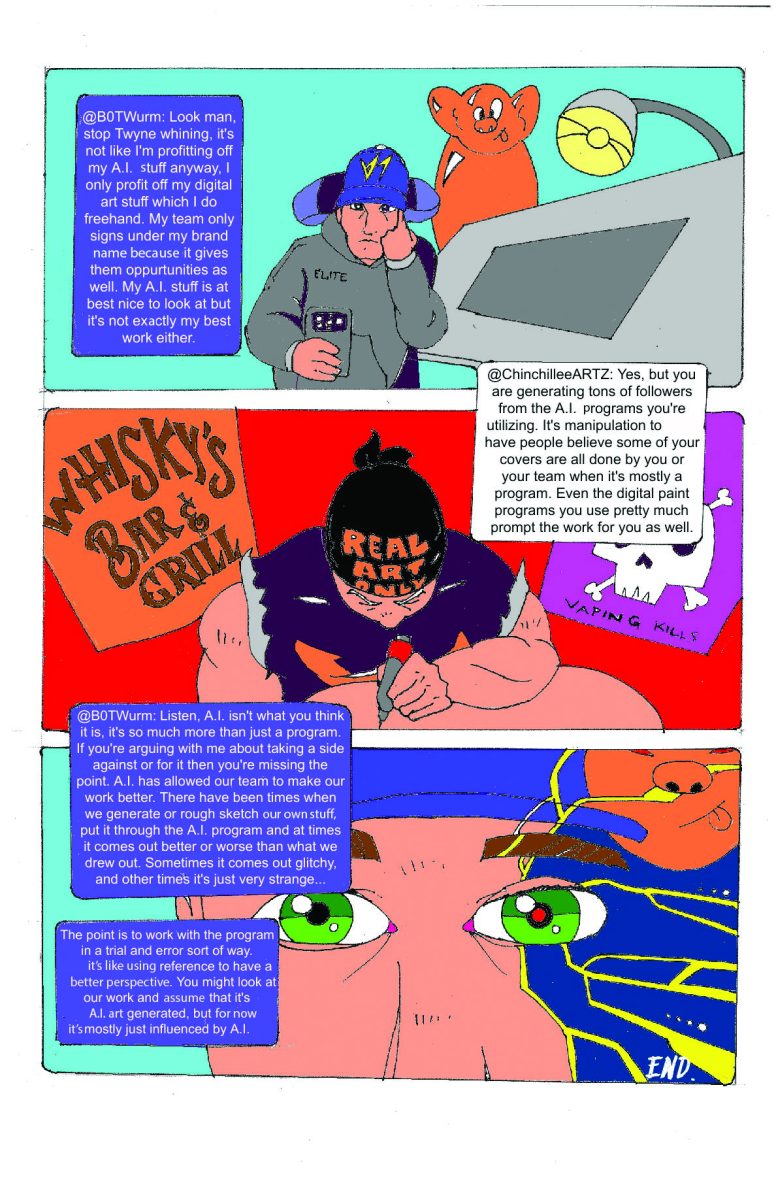Growing up in Los Angeles can often be an uphill battle, but sometimes it’s best to put running shoes aside and just swim.
Paralympic swimmer Jamal Hill has done just that, overcoming the inherent adversity that comes with being a black male raised in LA, coupled with the diagnosis of a rare muscular disease– only to punch his ticket to the 2020 Paralympics.
Hill will represent team USA in the sporting event, which will be held in Tokyo.
The 24-year-old professional athlete grew up about five miles from LAX, in Inglewood to be exact. Hill spoke on the city, “I love LA. There’s always so much to do, so many people, so many cultures to adapt to.”
Standing 6-foot-4, with a muscular build, Hill has the physique of a typical pro athlete—on the surface, no one would know he even has a muscular disorder.
At a doctor’s appointment on March 21, one physician said, “Jamal you shouldn’t be able to walk. I don’t know how you walked in here the way you did, I would’ve never assumed anything is wrong with you.”
At the age of 9, Jamal was hit with several misfortunate realizations that could have ended his swimming career before it even had the chance to manifest.
Jamal said, “heartbreak No. 1” was dislocating his right shoulder. The doctors informed him that they may have to amputate his right arm if he did not stop swimming.
Reflecting on that hiatus, he said, “I never would’ve imagined that I would be here [in the Paralympics.]”
Shortly after the injury, heartbreak No. 2 was revealed as Hill was diagnosed with a hereditary nervous system disorder named Charcot-Marie-Tooth disease.
The disease runs in Hill’s family. His mom deals with some of the symptoms, while his uncles are also greatly affected.
CMT is a rare degenerative condition. According to Mayo Clinic, it causes muscles to develop smaller and weaker. For most cases, CMT impacts the legs and feet first, then it travels to the arms and hands, leading to a loss of sensation in extremities and impaired walking.
Jamal talked about the overwhelming negative reports.
He shared, “At that age, the way it manifested, it was like full body paralysis.”
Due to the diagnosis, he was hospitalized for a few weeks at Children’s Hospital in Los Angeles.
Even through the injury and CMT diagnosis, Jamal said, “At no point did I ever feel handicapped.” He attributes that to the support of his mom and dad.
His parents even withheld information from him about his condition, because they did not want him to limit himself.
Hill said, “That’s had the biggest influence on my life.”
Hill spoke on his mentality to overcome obstacles. “I can’t afford to let everything outside of my control affect the things that are in my control,” he said.
His message to parents of kids with disabilities who are interested in swimming is to put them on a regular swim team, if possible. “Don’t separate, participate,” he said.
Hill’s swimming journey began with his mom Hill’s Mom’s name signing the two up for the YMCA’s “Mommy & Me” class. The program offers swim lessons for mothers and their children.
He said, “Swimming was just my first love, just like my mom was my first love.”
Although the program was Jamal’s first taste of life under the sea, he said the only thing he can remember from the classes are the photos.
When Hill was about 6 or 7 years old, he asked his mom if he could join the swim team.
“Hell no Jamal,” she exclaimed, “You can’t even follow the instructions in class.”
Admittedly, Hill said, “I was a badass kid in swim lessons.”
Later, Hill’s mother reasoned with her son and told him he could join if he started following directions from the swim instructors, he said, after that moment, “I became the best swim student ever.”
It’s no secret, swimming as a sport is predominantly made up of white athletes. Attending college in the northwest, Hill was the only black swimmer and one of only three in the entire conference.
Hill said he’s never experienced blatant racism for being a black swimmer, however, that does not mean he hasn’t faced subtle racism.
Hill did recall a “racially charged” interaction between himself and an unnamed coach.
The coach said, “Jamal, your hands are so big, why didn’t you just play basketball?” To which Jamal replied, saying, “I figured my hands are so big they would probably make good paddles.”
Hill said of the coach’s remarks, “That’s like taboo. It was out of line. He had no business saying anything like that.”
Hill said the stereotypical comments felt to him as if the coach said, “You’re a black guy. You should be playing basketball, you shouldn’t be in the pool.”
An honors student in high school, Jamal says he’s always been a smart kid. He even received a few full-ride academic scholarships. However, he rejected all of them.
After high school, Hill attended Hiram College, a Division 3 school in Ohio. He spent three years there, before making the decision to leave.
College years were tough for Hill because he says he lacked the discipline that he has now.
After leaving Ohio, he sought the best coach in the world, which led him to USC coach Dave Salo. He called the coach and said he was going to drop out to come swim for him. Salo told him, “You’re crazy. Don’t do that.”
Hill was persistent, going as far as telling the coach, “Listen dude, this is not an option, I’m coming, I just need you to make space for me.”
Salo eventually agreed and Jamal swam on the Trojans Elite team for his senior year.
Nowadays, Hill is being trained by Wilma Wong, who coaches nationally-ranked swimmers. He spoke of her importance.
“God sent me the coach that I needed, the coach that was meant for me,” he said.
In a one-year span, Wong helped take Hill from an unranked amateur to ranked No. 1 in the nation.
The 2020 Summer Paralympic Games will commence on Aug. 25 and continue throughout Sept. 6.
Hill will be competing in the men’s 4×100-meter freestyle relay, the 4×100-meter medley relay, the mixed 4×50 meter relay, the men’s 50-meter freestyle race and the men’s 100-meter backstroke race. He said his best stroke is the freestyle.
As the marathon continues, by 2028 Hill plans to win a third gold medal.
He’s already launched a marketing company named Swim Up Hill, which aims to promote swimming– it’s also Jamal’s personal brand.
Hill’s also working on a book loosely titled “S For Swimming.” It’s projected to be a fun book, because “swimming is fun,” Hill said.
On land, Jamal wants to leave his legacy as a philanthropist. Being an LA native, he said, “How can I do something like Tony Robbins has done… like Nipsey Hussle has done? These are the people I look up to… whose track I like to think I’m on now.”
Jamal wants to use his swimming prowess to help others. He has aspirations of teaching one million people how to swim and he’s working towards that goal on the daily.
So how does Jamal plan to reach a million people? He marked social media platforms such as Instagram and YouTube as being the major driving force to accomplish the feat.
Additionally, Hill said he wants to see more people that look like him and other minorities get into swimming as a sport.
“I give swim lessons to everyone,” Hill said, “but my primary focus is black and brown individuals, the underserved, the inner-city communities—that’s who has the least exposure, that’s who needs it the most.”





